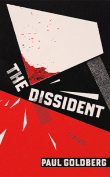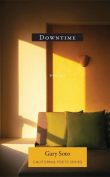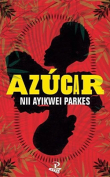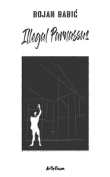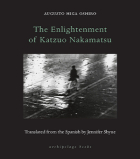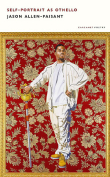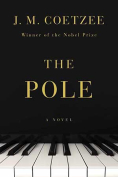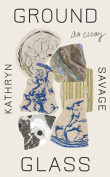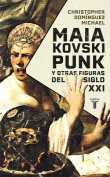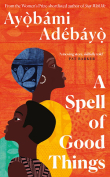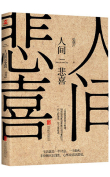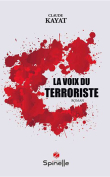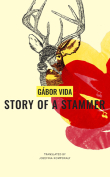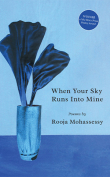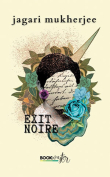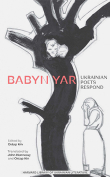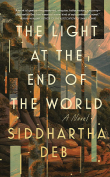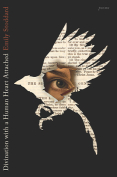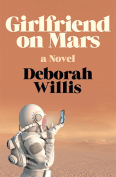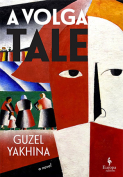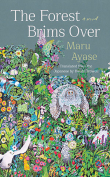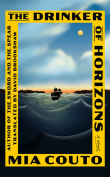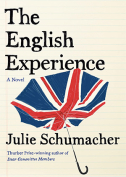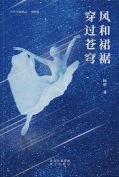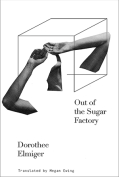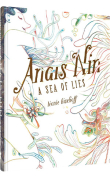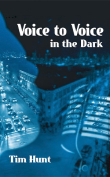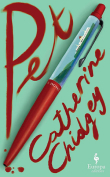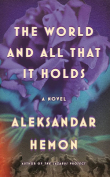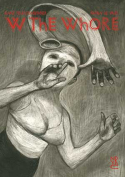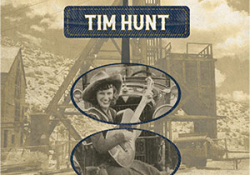Voice to Voice in the Dark by Tim Hunt
 Frankfort, Kentucky. Broadstone Books. 2022. 101 pages.
Frankfort, Kentucky. Broadstone Books. 2022. 101 pages.
The title of Tim Hunt’s fifth full-length collection of poems—Voice to Voice in the Dark—connotes an image of an intimate, past-midnight, station-to-station conversation, like a long-distance call from a lover or a best friend back in the days when there were such things as long-distance calls that sometimes cost dearly. Technically and tonally, the poems hold up to that expectation. The speakers of these poems are people who trust you with anecdotes and revelations concerning their fears, heartthrobs, heartbreaks, sillinesses, and wonder.
These free-verse poems do not revel in the cleverness of their own construction. Rather, they are so finely crafted that they often read as transcripts of some organic conversation. From the backseat of a cruising car, a young woman moons a gaggle of confused and vaguely delighted teenage boys. A boy visits the grave of his uncle, killed in North Africa while breaking up a knife fight during World War I. On a cold midwinter night in 1969, an unshod, shirtless student walks away from his Cornell dorm room and is never seen alive again. Once a week for six weeks, a group of octogenarian World War II vets meet to, at first, trade jokes about their youth and naïveté, but eventually they examine the intersections of fear and valor, hate and love, and how, having to negotiate those crossroads with the fate of the world in doubt, uncertainty has rippled through their psyches in ways they have never admitted nor understood.
Each poem is a vivid and continuous dream, and Hunt is wise enough never to let his poetry intrude upon the poem. He understands that the heart of the poem (like the heart of a long-distance conversation) may beat best when the lines break silently and when those feelings, for which there are no words, are allowed—indeed are required—to fill the empty spaces.
To talk of this is like writing a letter
to someone far away, some other who
is imagined
as hearing not the black marks but the stutters
and breakage as the letters pull apart
into gaps of white, a silence knitting
around the cannot be said
These are not, however, poems of distance—the writer staunchly here and the reader fixed and sedentary somewhere (safely) over there. Rather, Hunt issues forty-six invitations for speaker and reader to enter short bouts of geographic and temporal motion. Hunt structures the collection as a sequence of scenes from the early to late twentieth century, as well as a west-to-east journey across the United States. An image occurring early in the collection is that of Vachel Lindsay on one of the three multistate walking tours he undertook between 1906 and 1912. The book’s second poem finds Lindsay bewildering Kansas farmers as he trades his performance art for provisions. The troubadour is unshakably convinced that
tonight someone
will open the door to you, a stranger,
and you will glow with poetry,
savoring the bread as if it, too,
is a poem, their poem
The equivalency of bread and poems is not lost on readers in the second section of the book (titled “American Graffiti”) in which poems take place in the mid- to late 1960s, with its cultural tensions represented by violent disagreements about the war in Vietnam and the psychedelic rock movement then emanating from San Francisco. It is not much of a stretch to extend the word association from “poem” to “bread” to “money” to “currency.” And this is why Hunt’s book, with its concerns so seemingly mired in the last century, is relevant in this one. In this book, Hunt offers readers a trip in which the “then” that is the subject of a poem becomes current—becomes the “now” that is the experience of that poem. Thus, the sad fact evident in this collection is that World War I is now. World War II is now. Vietnam is now.
But so is love. So is the need and the ability to reach out to one another with words—or with songs—of comfort, as in the poem “Hush Now, Don’t Explain,” when “Billie Holiday leans into the mic as if about to kiss you.” Hunt demonstrates that poems are a place where we may at least attempt to make our connections and share our bread simply by whispering voice to voice in the dark.
Rodd Whelpley
Springfield, Illinois

